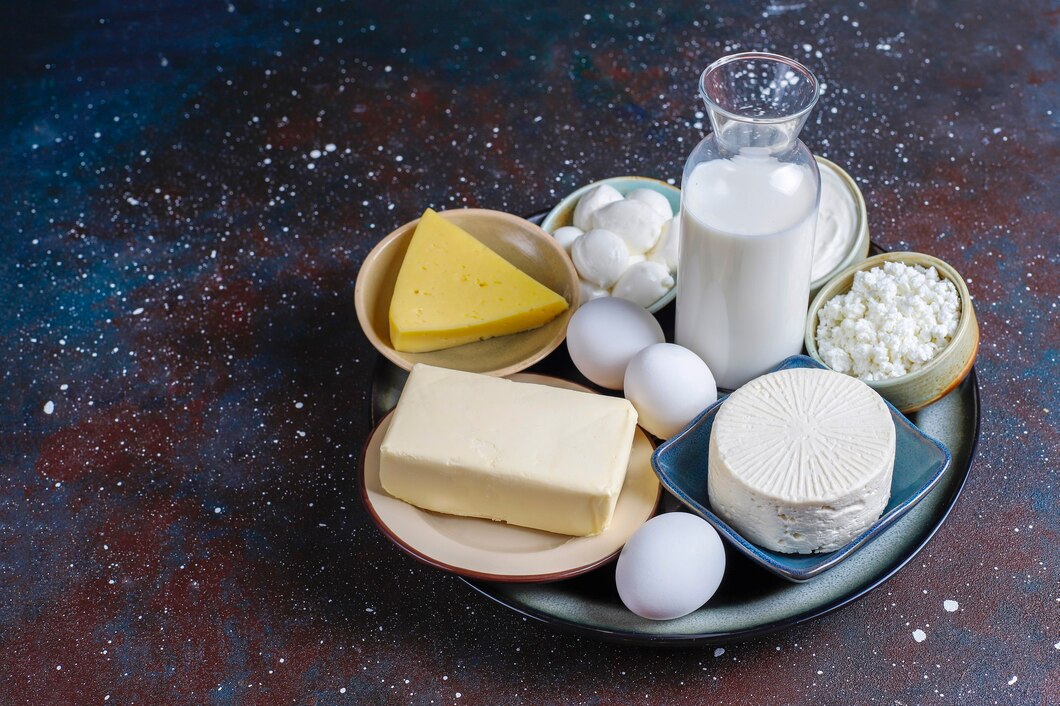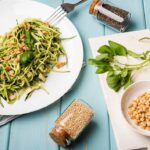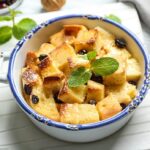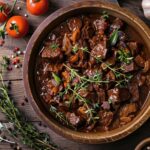Irritable Bowel Syndrome (IBS) is a common gastrointestinal disorder that can significantly affect quality of life. For South Africans with IBS, managing symptoms often requires dietary adjustments. Here are 20 foods to avoid to help manage IBS symptoms effectively.
1. Wheat-Based Products
Wheat contains gluten, which can trigger IBS symptoms in some individuals. Avoid bread, pasta, and cereals containing wheat.
2. Dairy Products
Lactose intolerance is common in IBS patients. Avoid milk, cheese, and ice cream, or opt for lactose-free alternatives.
3. Beans and Lentils
High in fiber and certain carbohydrates, beans and lentils can cause bloating and gas, aggravating IBS symptoms.
4. Cruciferous Vegetables
Vegetables like broccoli, cauliflower, and cabbage can cause gas and bloating due to their high fiber content.
5. Onions and Garlic
These flavorful ingredients contain fructans, a type of carbohydrate that can be hard to digest and lead to IBS symptoms.
6. Fried Foods
Fried foods are high in fat, which can slow digestion and trigger symptoms. Avoid chips, fried chicken, and other deep-fried items.
7. Processed Meats
Processed meats like sausages, biltong, and deli meats often contain additives and preservatives that can irritate the gut.
8. Artificial Sweeteners
Sweeteners like sorbitol, mannitol, and xylitol are poorly absorbed and can cause digestive issues. Check labels on sugar-free gum and candy.
9. Caffeine
Found in coffee, tea, and some sodas, caffeine can stimulate the intestines and worsen diarrhea.
10. Alcohol
Alcohol can irritate the gut lining and alter gut motility, leading to increased IBS symptoms.
11. Carbonated Beverages
Sodas and sparkling water can introduce excess gas into the digestive system, causing bloating and discomfort.
12. Spicy Foods
Chili peppers and other spicy ingredients can irritate the digestive tract, triggering IBS symptoms in some individuals.
13. High-Fat Foods
Foods high in fat, such as fast food, pastries, and certain cuts of meat, can slow digestion and cause symptoms to flare up.
14. Chocolate
Chocolate contains caffeine and sugar, both of which can be problematic for IBS sufferers. Dark chocolate might be a better option if consumed in moderation.
15. Certain Fruits
Fruits high in fructose, such as apples, pears, and mangoes, can cause bloating and gas. Opt for lower-fructose fruits like berries and bananas.
16. Gluten-Containing Grains
Aside from wheat, other grains like barley and rye also contain gluten, which can be problematic for those with IBS.
17. Nuts and Seeds
While healthy, nuts and seeds can be high in fat and fiber, potentially triggering IBS symptoms. Consume in small amounts if tolerated.
18. Certain Condiments
Some condiments like ketchup, soy sauce, and salad dressings can contain high amounts of sugar or artificial ingredients that may irritate the gut.
19. High-Fiber Foods
While fiber is important, too much can exacerbate IBS symptoms. Avoid bran, certain cereals, and large portions of raw vegetables.
20. Legumes
Legumes like chickpeas, lentils, and black beans are high in certain carbohydrates that can ferment in the gut, causing bloating and discomfort.
Managing IBS with a FODMAP Diet
One effective strategy for managing IBS is the Low FODMAP diet, which involves limiting foods that are high in certain fermentable carbohydrates. Many of the foods listed above fall into this category. Working with a dietitian can help tailor this diet to individual needs, ensuring a balanced and symptom-free diet.
While it can be challenging to manage IBS through diet, avoiding these common trigger foods can significantly reduce symptoms and improve quality of life. Always consult with a healthcare provider before making significant dietary changes to ensure nutritional needs are met while managing IBS effectively.








